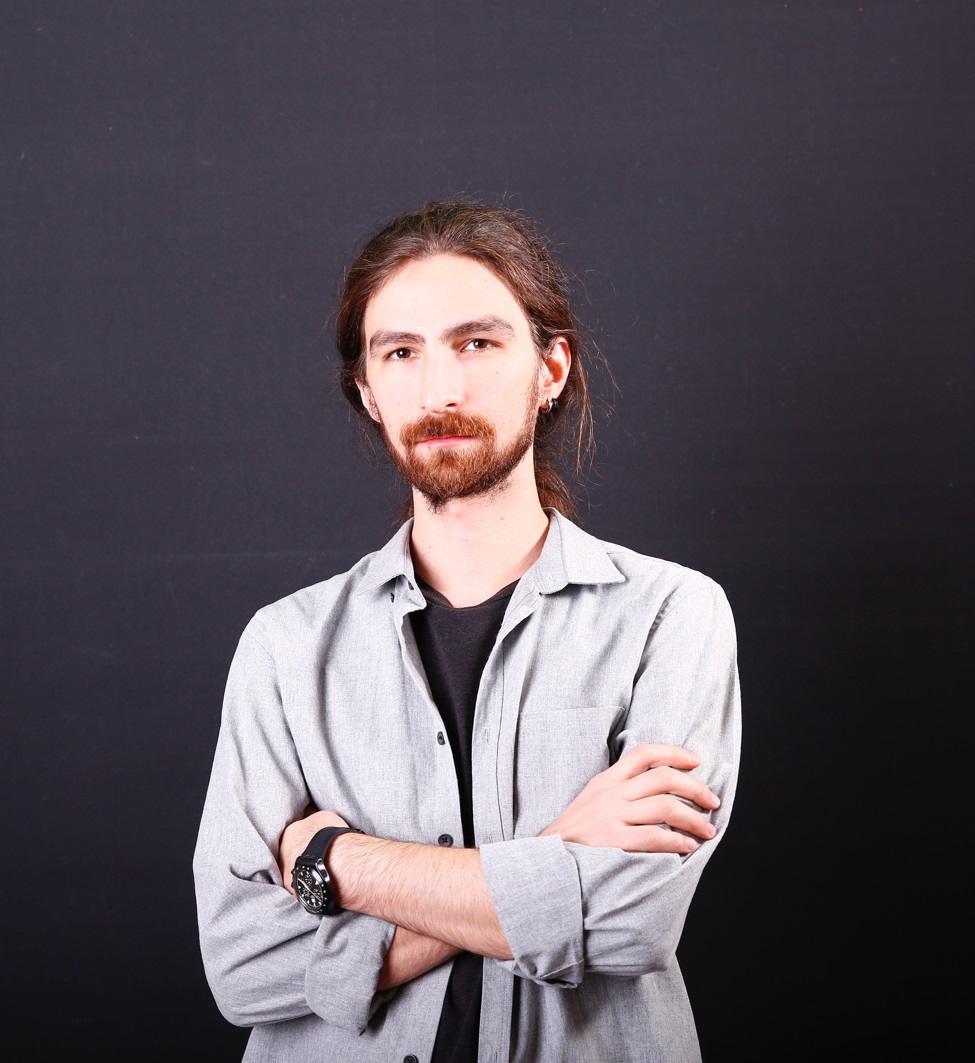Gün Deniz Akkoç
Alumni

A fast transition from fossil fuels to renewable energy is now a must and sun has the greatest potential for this transition. Yet, not only harvesting but also the storage of the energy is just as important challenge. Ideally, a photoelectrochemical water splitting catalyst would offer solutions to both of these challenges. Alternatively, a conventional water splitting catalyst can still be used in combination with other renewable energy sources. These catalysts, however, must meet a very large set of standards such as high stability, sufficient performance and low cost. The lack of a complete theoretical approach for evaluation of catalyst candidates makes a high-throughput approach a viable option. Yet even with a very rapid high-throughput technique, the complete screening of the entire material space is far from being feasible. This is where the machine learning can play a big part to reverse-engineer this problem and hasten the discovery of ideal (photo)electrocatalyst.
In my research, I mainly focus on an iterative approach where a rapid synthesis is carried out with an inkjet printer or with drop-casting, followed by (photo)electrochemical evaluation of the catalysts through Scanning Flow Cell (SCF) and Scanning Droplet Cell, and finally creating/updating a machine learning model to move towards a more optimal candidate.
| 2020–present | Data scientist and head of digitalization for machine learning guided synthesis of custom cathode materials for lithium-ion batteries. |
| 2019–present | Izmir Institute of Technology, Department of Chemistry, PhD, "Machine Learning Assisted Combinational High Throughput Approach for Discovery of Multi-Metal Oxide Water Splitting Catalysts" |
| 2016–present | Software developer for machine learning assisted quantitative modeling of chemical properties of hydrocarbons with spectroscopic data |
| 2016–2019 | Izmir Institute of Technology, Department of Chemistry, MSc, "Development of Chemometric Calibration Toolbox and Its Application for Determination of Salep Adulteration" |
| 2016–2017 | Researcher for project "Development of non-invasive method for early diagnosis of lung cancer based on analyses of exhaled breath" |
| 2010–2016 | Izmir Institute of Technology, Department of Chemistry, BSc |
| 2016 | Third International Conference on New Trends in Chemometrics and Applications, in Antalya, Turkey Second best poster award: “Quantitative Determination of Mixed Fruit Juice Composition Using a Smart Phone and Multivariate Calibration” |